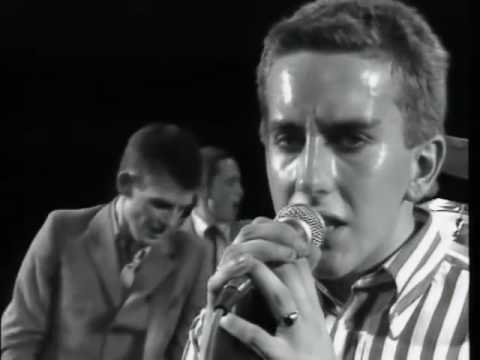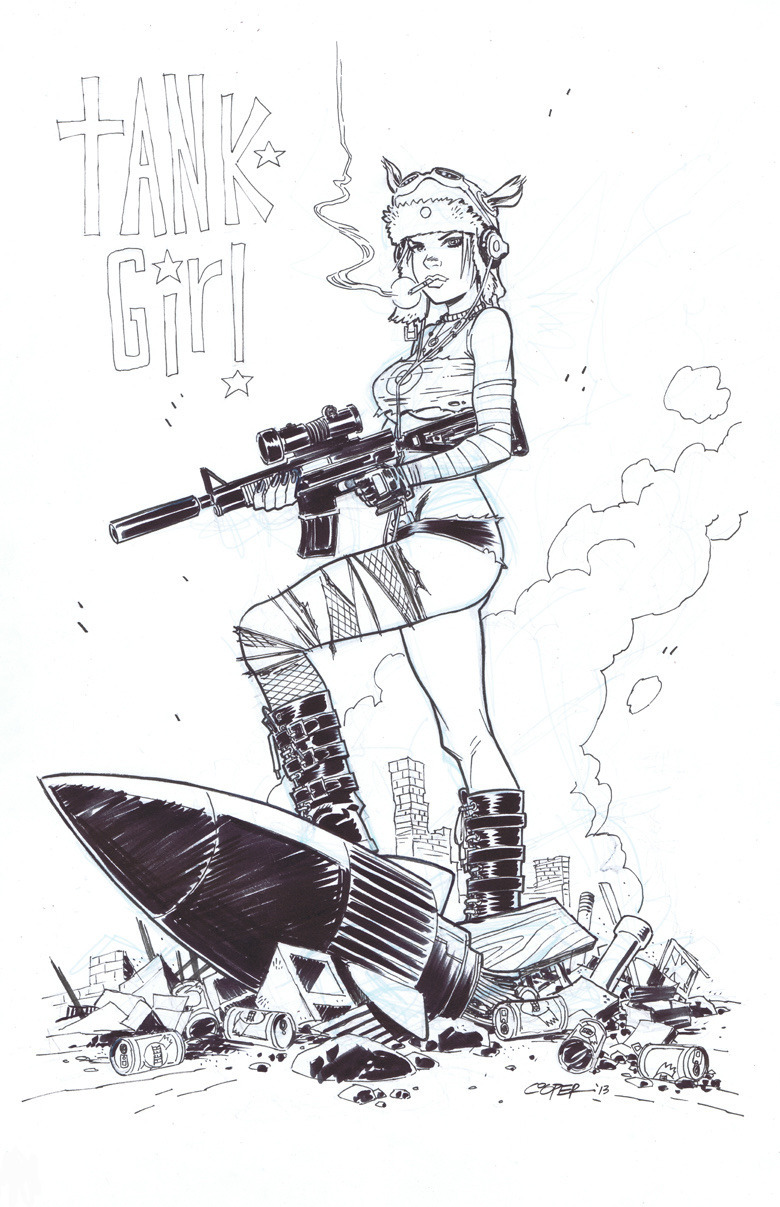Feature Track: Gangsters by The Specials (4 May, 1979/2 Tone Records/Coventry, UK)
Bauxite. It all started with bauxite. Or rather, with the widespread adoption of aluminum in manufactured goods. The overwhelming majority of the world's aluminum is derived from bauxite. The largest known deposits of the mineral are in Jamaica, which was a colony of the British Empire until 1962. The increase in demand for aluminum goods brought a prosperity to the nation, which was quickly gobbled up by the wealthiest Jamaicans. There were far more workers than there could ever be jobs in the cities, and the pre-existing class divides in Jamaican society became even starker. Violence became pervasive in urban centers. While Jamaica celebrated independence, they didn’t want to lose ties to America and the UK. Many Jamaicans emigrated, and a great deal of the ensuing diaspora landed in England. The immigrating Jamacians brought their records with them, meaning many Br*tish ears would be hearing mento, calypso, and ska for the first time. Most of this was happening in the early 1960's, when the Mod culture was coming up in England. Ska culture and Mod culture fit together quite nicely. They both enjoyed fine suits, dance-able music, rebelling against the class system, and smoking marijuana. However, by the end of the decade, the Mod scene would give way to psychedelics and progressive rock, which carried with them a much less expensive uniform.
Those themes of class struggle would crop up again just in time for punk rock to sweep the UK in the mid-70's. But while the punk craze was taking the nation, there weren't a great many punk records. Until 1977, all they really had was a selection of singles by local punks and maybe a few American punk albums. Bars and clubs who were friendly to the rambunctious young genre didn't have enough material to keep the crowd happy through a day's operation. To fill in those gaps, clubs and bars would put on older records from Mods who’d fallen out. These collections sometimes included mento, ska, and reggae. While the Mods took to ska because it was happy and they could dance to it, the punks liked it for exactly the opposite reasons. The off-beat guitars sounded twitchy and anxious, and the lyrics dealt with violence and discontent with the existing social order. Punks could get behind that, and as such the overwhelmingly white UK Punk scene began to take on black members. Things got even more integrated with the founding of Rock Against Racism in 1976. RAR concerts would often end with punk artists like The Slits and Generation X playing together with reggae acts like Aswad and Steel Pulse. There was a real feeling that punk and reggae presented a way forward for race relations in the UK. So why not fuse the two into a genre with the potential to change the world?
That was exactly the idea Coventry keyboardist Jerry Dammers had in late 1976, after playing a number of bills with reggae musicians. Among those reggae musicians was guitarist/vocalist Lynval Golding, who got onboard with Jerry's anti-racist ideals. To make their anti-racism absolutely clear, the band had to consist of black and white musicians in roughly equal proportions. To that end, Dammers and Golding recruited bassist Horace Panter, drummer Silverton Hutchinson, and vocalist Tim Strickland to form The Automatics. However, The Automatics didn't quite have the punk edge Dammers and Golding wanted. They then reached out to Terry Hall and Roddy "Radiation" Byers, singer and guitarist for short-lived Coventry punk band Squad. With the core lineup cemented, the band would re-christen themselves The Specials. Their big break would come when The Clash came to Coventry. Dammers and Golding talked Joe Strummer and Mick Jones into letting The Specials open for them on the 1978 "On Parole" tour. This brought them to the attention of manager Bernie Rhodes, who took them on as clients.
In 1979. Dammers founded 2 Tone Records, named after the monochrome color scheme he and Horace Panter picked out for the group. Together, they also designed the label's logo, a man in a suit and pork pie hat with dark shades. The character, Walt Jabsco, was inspired by a photo of Jamaican ska and reggae pioneer Peter Tosh and appeared on the label of every record released by 2 Tone. Seeing as 2 Tone was the only record label in the UK dedicated to releasing new ska, Walt Jabsco became synonymous with the genre. Today, Walt is seen as ska music's official mascot, appearing in artwork for bands across multiple generations. The first release on 2 Tone records was The Specials' debut single "Gangsters." Originally performed by Prince Buster as "Al Capone," The Specials reworked the lyrics to represent their situation in England. On their self-titled debut album, about half the songs are covers of older Jamaican ska standards like Monkey Man and Too Hot. Other songs like Concrete Jungle and Little Bitch highlighted their punk credentials.
The Specials had a great sound and a great look, but what resonated most was the idea that embracing immigration was the way forward for Brtain. Dozens of integrated bands formed after seeing The Specials, including The Beat, The Selecter, and The Bodysnatchers. The latter two opted to take the integration thing even further by including women in the lineup. This all went over gangbusters with the punk crowd, and even skinheads got in on the action. Many a youth with a buzzcut were pulled away from white nationalism by embracing ska music. This didn't sit right with the Nazi skinheads, who would often go to ska gigs to cause trouble. Promoters became hesitant to book ska bands for fear that the National Front would crash the gig. By the mid-80s, most of the original Brtish ska bands would disband. But ska wasn't dead. It was just in the process of immigrating.. Again.
Next time: Deathrock/Goth/Industrial, then The Other New Wave, and then it'll be onto the 80s.



